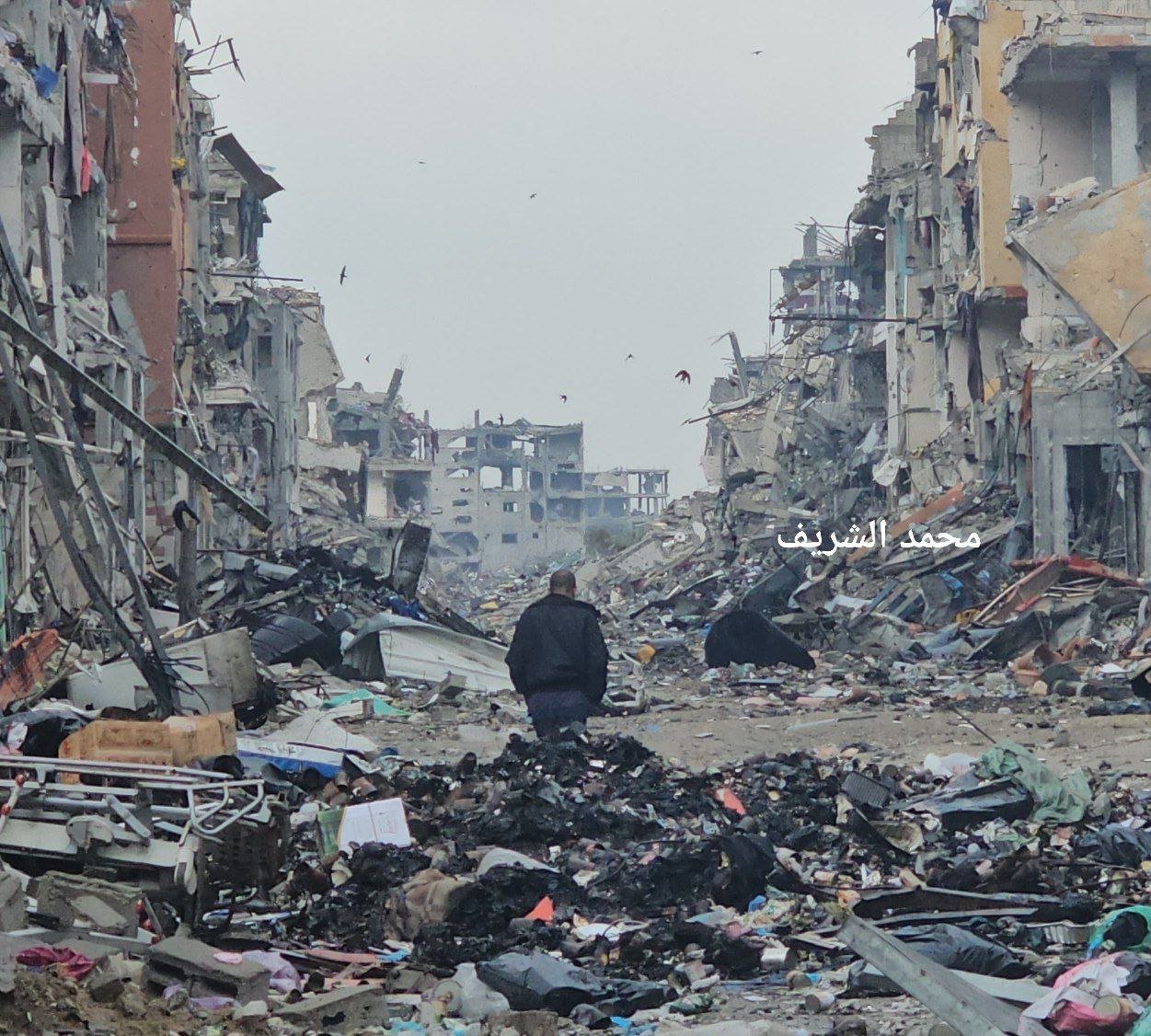
In Gaza, under the noise of planes and the sounds of shells, people stand defenseless except for their faith, defying all forms of oppression and genocide. Psychological warfare, which is considered one of the main tools of the Israeli occupation, aims to break the will of man and plant fear and despair in the hearts of civilians according to Jo24.
But surprising and interesting at the same time is mulling over the fact that this war have not achieved its goals. On the contrary, this slaughter revealed the fragility of traditional psychological theories in the face of the power of faith.
Psychology, as we know it, provides a superficial explanation for human behavior in the face of mounting pressures. It talks about accumulated helplessness, the collapse of the soul under the weight of constant fear, and the inevitability of surrender in the face of the lack of basic needs.
But Gaza provides a model that destroys these assumptions. How can a people living under siege and bombardment continue to cling to their will and dignity? How can a child who lost his family smile and stand in the face of tanks? How can a woman who lost everything become a symbol of defiance and steadfastness?
The answer lies in something deeper than material psychological concepts; it is the power of faith. In Gaza, faith in God is not just an inner feeling or a spiritual practice, but rather it is an integrated system that provides strength and reassurance, and redefines the concept of steadfastness.
When the people of Gaza see their lives, land, and children must be protected, they, their inner beings, become psychological fortresses not to be shaken, no matter how fierce the war on them becomes.
What is Gaza offering is not just resistance to the occupation, but a call to reconsider everything we have learned about the human psyche. Psychology, which assumes that man is a fragile creature that breaks under pressure, finds itself helpless in the face of the Gaza model.
This small, besieged enclave offers a lesson to the world: For faith is not just a belief, it is a force of energy that frees man from his fear, and makes him capable of confronting the most powerful armies.
In the end, Gaza is not just a political or humanitarian issue, but it is a philosophical battle that raises fundamental questions: Do we need to review the foundations on which we built our understanding of the human psyche? Can faith, in all its simplicity and depth, be the most powerful weapon in the face of injustice? Gaza answers without hesitation: Yes.
This piece is written by Professor Hani Al-Damour and published in Jo24.







